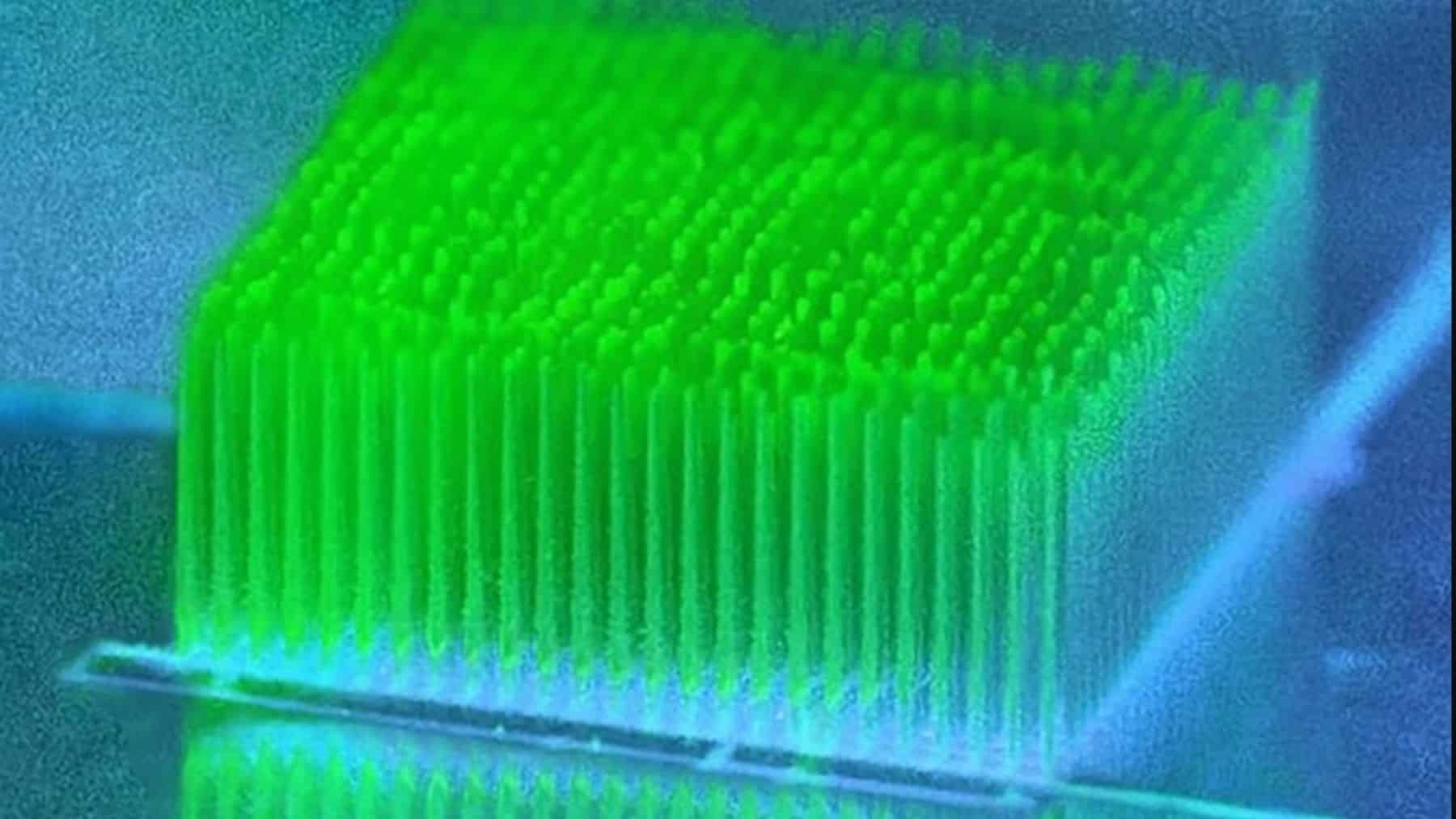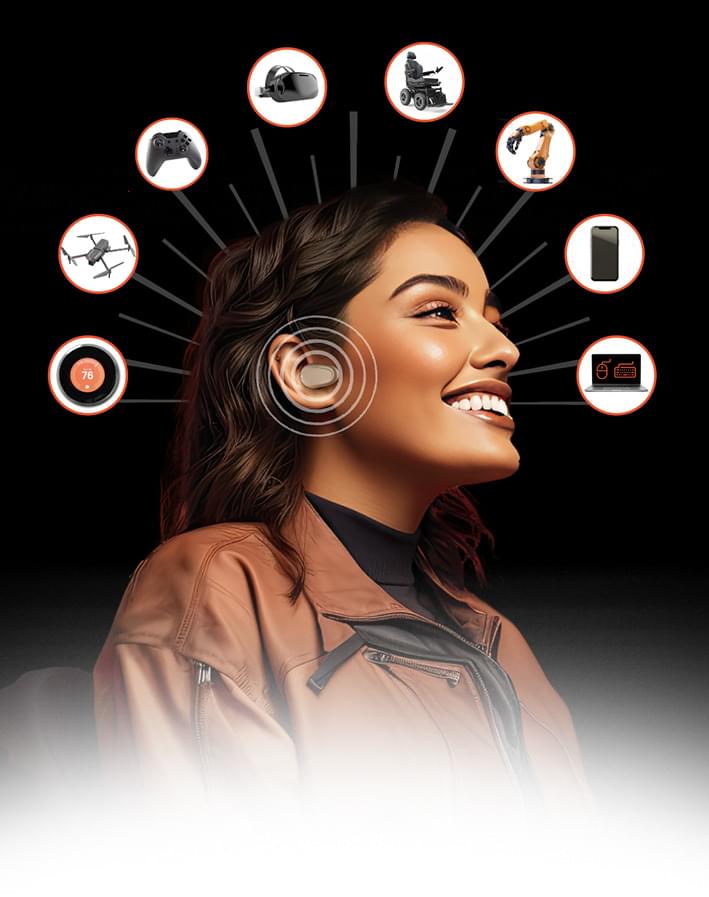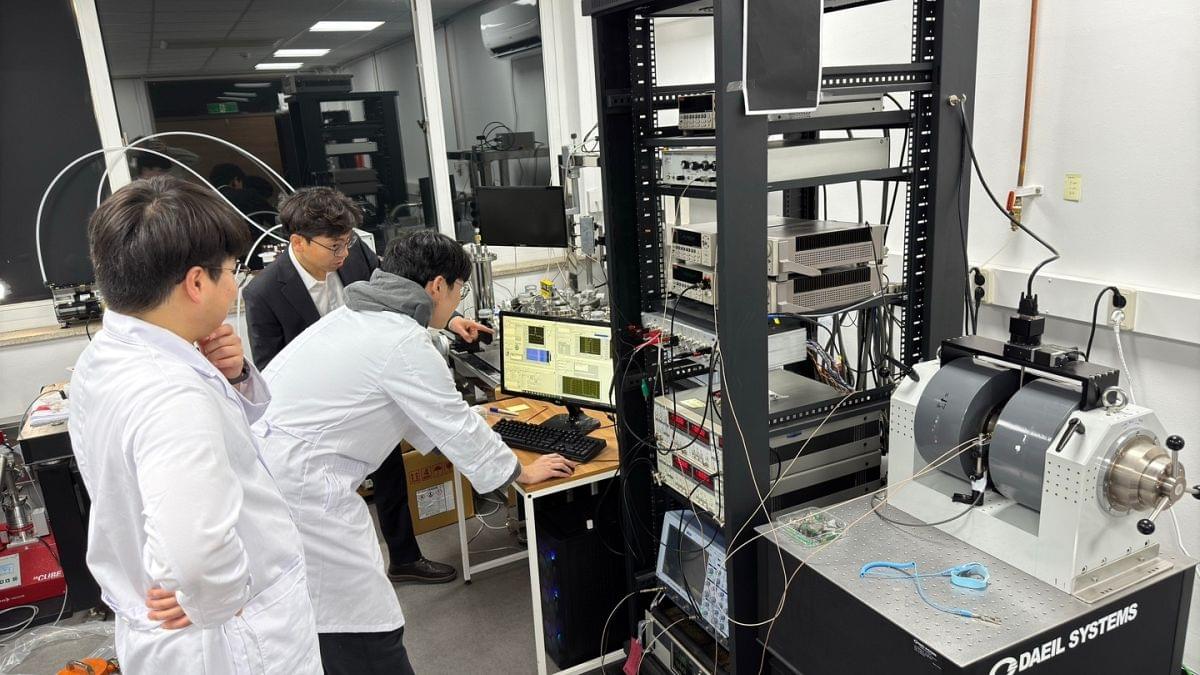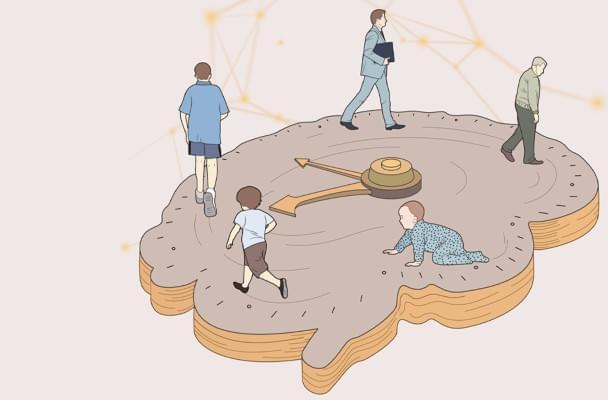Determining the passage of time in our world of ticking clocks and oscillating pendulums is a simple case of counting the seconds between ‘then’ and ‘now’
Down at the quantum scale of buzzing electrons, however, ‘then’ can’t always be anticipated. Worse still, ‘now’ often blurs into a haze of vagueness. A stopwatch simply isn’t going to work for some scenarios.
A potential solution could be found in the very shape of the quantum fog itself, according to a 2022 study by researchers from Uppsala University in Sweden.







